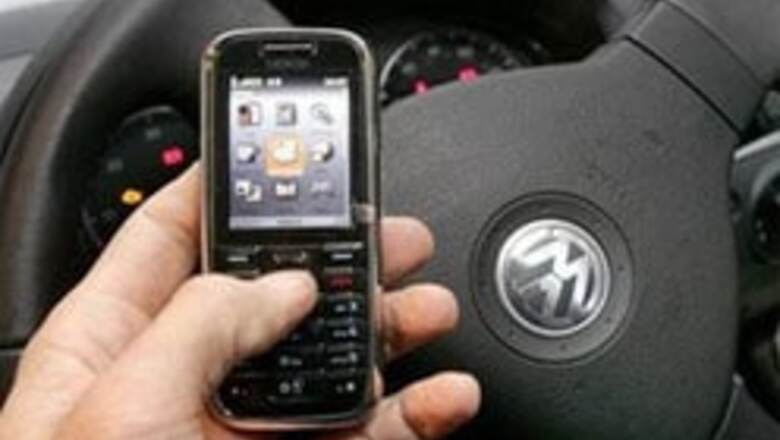
views
Tata Teleservices' (TTSL) two-year hunt for a foreign partner is finally over. Japanese telecom company NTT DoCoMo has bought a 26 per cent stake in TTSL – India's fifth largest telecom player – for $2.7 billion, as the two join hands to lay the road for a brand new business strategy. TTSL plans to position itself at a premium level and get out of the "cheap phone" tag that the CDMA business is presently associated with. The stake sale to DoCoMo is expected to kick start TTSL's growth afresh.
Just over a year after a re-jig in senior leadership, TTSL's new managing director Anil Sardana is cranking up the action. The partnership could not have come at a better time for TTSL. DoCoMo's capital infusion will help solve some of TTSL's cash problems. A couple of months ago, the Hyderabad-based telecom company wrote off over 50 per cent of its $2 billion losses to get its balance sheet into shape. Already saddled with debt estimated at another $2 billion, the company hardly had any leverage left to invest in expansion of its network. The company now needs an additional $2-3 billion to expand into rural areas and upgrade its network to offer 3G services. With consulting firm, Mckinsey & Co helping them re-structure business processes in sales and marketing to improve effectiveness of service and profitability, TTSL should breathe easy.
A huge plus that DoCoMo brings to the table is its expertise in WCDMA technology -- a standard that combines the best of GSM and CDMA services. While GSM and CDMA are the two dominant standards in India, WCDMA technology is present pre-dominantly only in Japan. WCDMA has its origins in GSM but also has the high data capability of CDMA networks. DoCoMo has been using WCDMA technology for more than a decade in Japan, and has the experience of developing several applications like games, downloadable television content and business suites. In fact, even five years ago, DoCoMo allowed its users to access 1000 such applications for a flat monthly fee of $30.
Now, as Indian networks become 3G compatible in at least some of the major cities, TTSL hopes to differentiate itself from other voice providers by offering a host of services and data capabilities. In a quietly changing scenario, where internet and software firms like Google and Apple are beginning to attract attention in the telecom space with applications for iPhone and Android, analysts tracking the sector feel that DoCoMo will help Tata Telecom offer a variety of new services for the ubiquitous mobile phone.
Ascendia Consulting's principal analyst Alok Shende says, "DoCoMo has played a key role in setting standards in 3G technology. They are a leader in Long Term Evolution (LTE) technology, a next generation mobile broadband technology, much ahead of European companies. India will get 3G licenses soon and this company can really add a lot of value to TTSL there and also set standards for 3G in India."
Earlier, TTSL was in talks with South Korean company, S K Telecom, which again has lot of experience in rendering data services over a CDMA 3G network. Says a senior TTSL executive, who did not wished to named, "DoCoMo is undoubtedly the most successful 3G player in a long time and we hope to leverage this experience when 3G licenses are given out in India."
DoCoMo had two options to enter the Indian market – through new companies which have been granted licences recently like Swan, Unitech or Videocon or with existing players like Tata or Idea. Going by the Unitech-Telenor deal, one can see that new players have set their valuations high without even putting up a single tower. Further, the government is hinting that new players may not be allowed to bid for 3G licenses. Therefore, it made better sense for DoCoMo to tie up with TTSL.
Finally, as value added services (VAS) through applications -- to shop or places to eat -- drive revenues, telecom companies need to have a larger user base to command better prices from handset makers. For example, Vodafone with its 200 million subscribers can command handset makers to design handsets to its specifications compared to other smaller operators in the world. The addition of TTSL's 30 million subscribers to its existing 52 million global subscribers is expected to give DoCoMo better bargaining power with handset companies. This will help both TTSL and DoCoMo to stay competitive in an application driven market as opposed to the current voice dominated telecom services.
(T Surendar and Mitu Jayashankar are Associate Editors with the new business magazine to be launched by Network 18 in alliance with Forbes of USA)
















Comments
0 comment